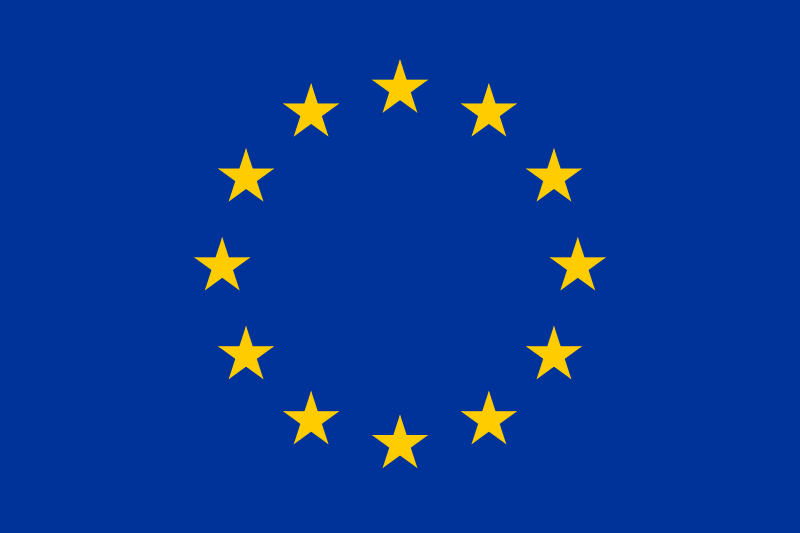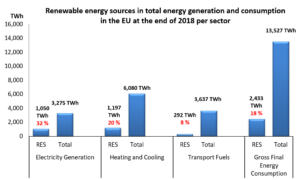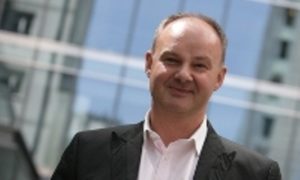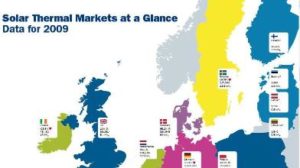EU Project: RELACS in Sustainable Holiday Accommodations
April 11, 2013
What have the Albena resort on the Bulgarian Black Sea coast (see photo), the Bräuer restaurant in Weißkirchen, Austria, and the 2 Danby Cottages in the UK’s Forest of Dean in common? They are all part of the RELACS network. RELACS is short for “REnewabLe energy for tourist ACcommodation buildingS”, a project funded by the European Commission programme Intelligent Energy Europe (IEE). Its partners include hotels, bed and breakfasts, campsites and youth hostels in ten European countries: Austria, Bulgaria, Germany, Greece, Hungary, Italy, Portugal, Spain, Sweden and the UK. The photo shows the Arabella Beach hotel in Albena, Bulgaria, whose solar system produces 40 % of the building’s annual hot water.
RELACS’s mission is to help tourist accommodations become more energy-efficient and integrate renewable energy technologies, such as solar thermal and photovoltaics, into the buildings. The logo of RELACS depicts a small house with a bed revelling in sunlight. RELACS participants can use it as a marketing tool to visualise the network’s objective: “RELACS in a sustainable holiday accommodation.”
“Our RELACS project began in April 2010, but was later terminated for 36 months. Over the last three years, we have managed to create a large network of around 200 participating guest houses, which shows that energy efficiency and renewable energies can play a significant role in the tourism sector,” says Meike Löhr. Löhr is Project Manager at the B.&S.U., Beratungs- und Service-Gesellschaft Umwelt in Berlin, Germany. B.&S.U. is the company which implemented the RELACS project in Germany. Löhr hopes for an extension of the project.
All RELACS participants had to document their monthly energy demand and commit to reducing consumption by around 25%. In return, they were offered free services by the ten energy consultancies of the RELACS network. The participating enterprises were able to benefit from energy audits, feasibility studies for installing renewable energy systems and training workshops on sustainable energy use for hotel staff. At the end of the programme, RELACS awarded the hotels with the highest energy savings in each participating country and on 8 March 2013, the network presented the overall most successful project members at the international travel fair ITB Berlin.
The winner comes from Greek peninsula Chalkidiki: Sonia Village Hotels has achieved an energy reduction of about 38% through various energy efficiency measures, the installation of solar collectors for water heating and a 20 kW PV system for electricity generation. The second place went to Austrian restaurant Bräuer, which is located in a historic building from 1542. Here, a solar hot water system has made it possible to save 33% on energy. With minus 28%, the energy efficiency efforts of Spanish hotel Sicilia SPA were awarded third place.
“Many hotels particularly in Southern Europe have chosen solar thermal or PV facilities because of their countries’ favourable climatic conditions, such as more hours of sunshine and a higher irradiance,” says Löhr and adds that also some participants in Germany – and even the 2 Danby Cottages in England – decided to install solar collectors. Details about the participating hotels which have already implemented energy efficiency measures or renewable energy systems can be found in the European Catalogue published by the RELACS network (see the attached document).
According to Löhr, 60% of the national awards went to companies which had opted for solar thermal, namely in Austria, Bulgaria, Greece, Hungary and Portugal. The collector space of the installed solar thermal systems varied between two and forty square meters. The RELACS organisers believe solar thermal is a good option to supply energy to hotels and guest houses, because most of them reach their highest energy demand during summer. “In June, when the final report will be ready, we will know exactly how much solar thermal energy has been used in the RELACS project,” Löhr explains. Then, it should also become clear how much kWh of energy and how much CO2 emissions the participating holiday resorts have saved and how this translates into financial benefits.
More information:
RELACS: http://www.relacs.eu
B.&S.U. Beratungs- und Service-Gesellschaft Umwelt: http://www.bsu-berlin.de


